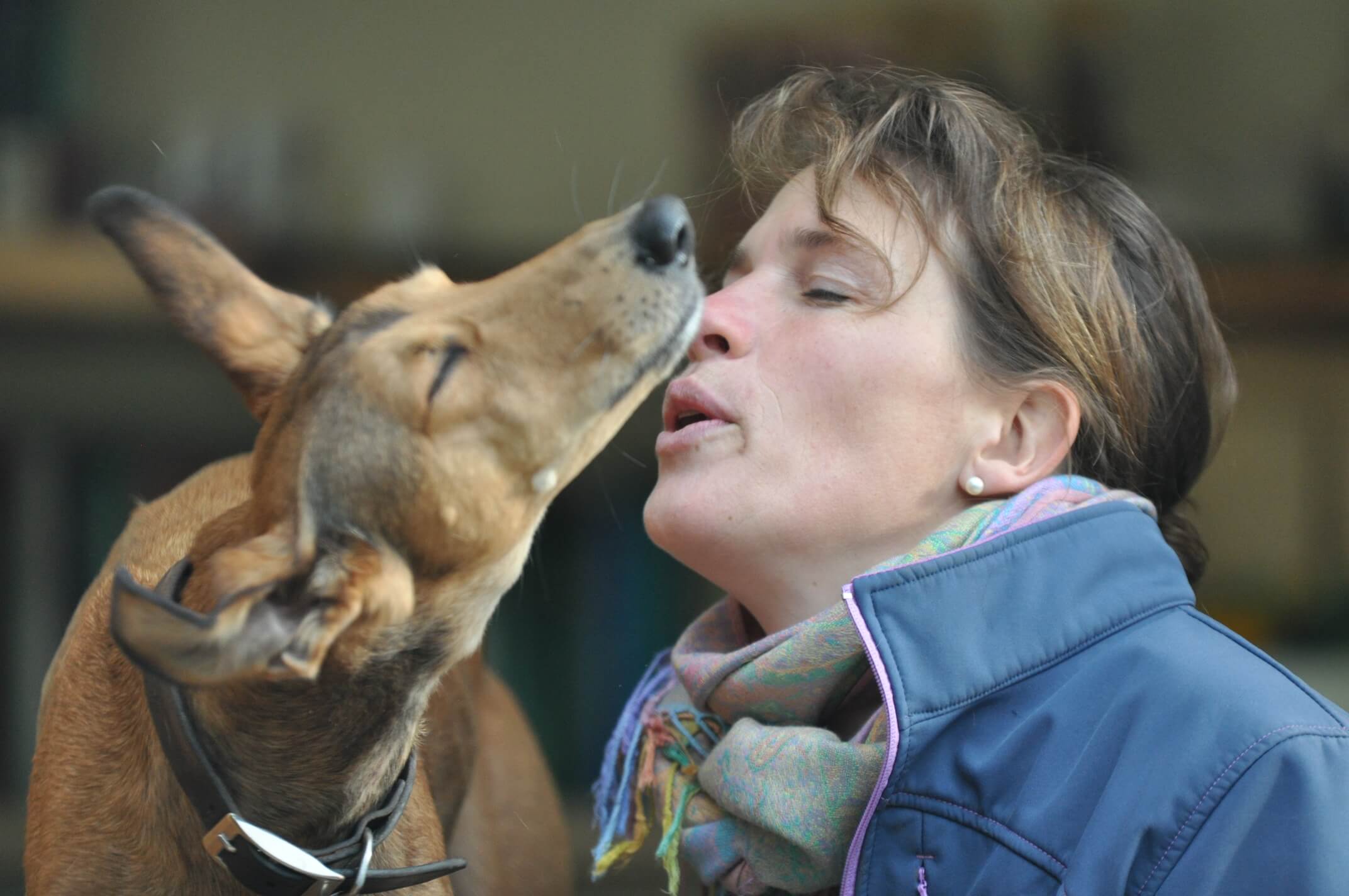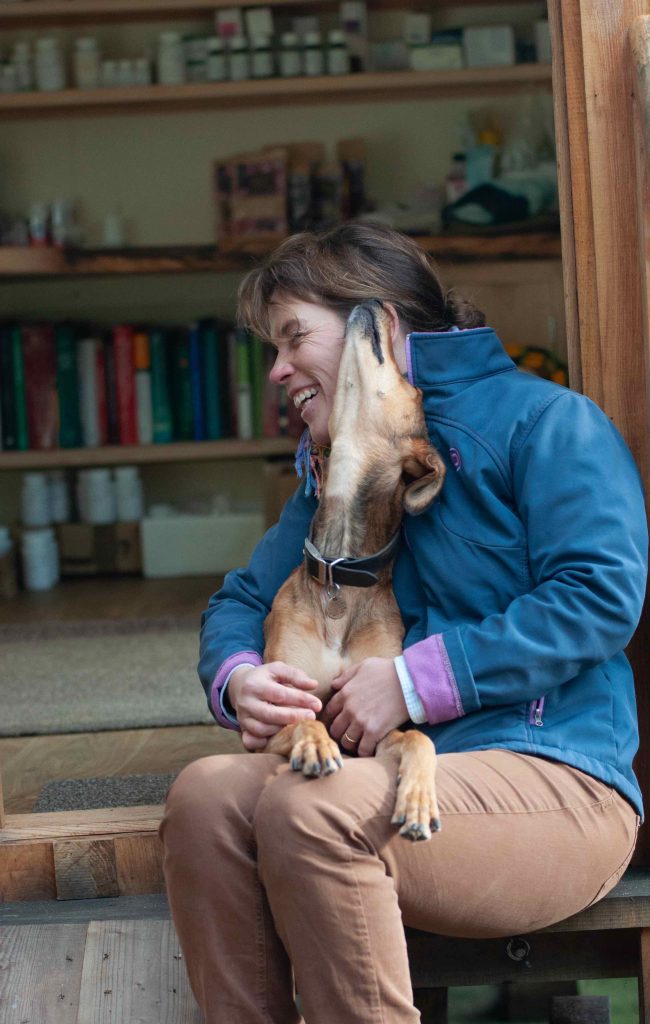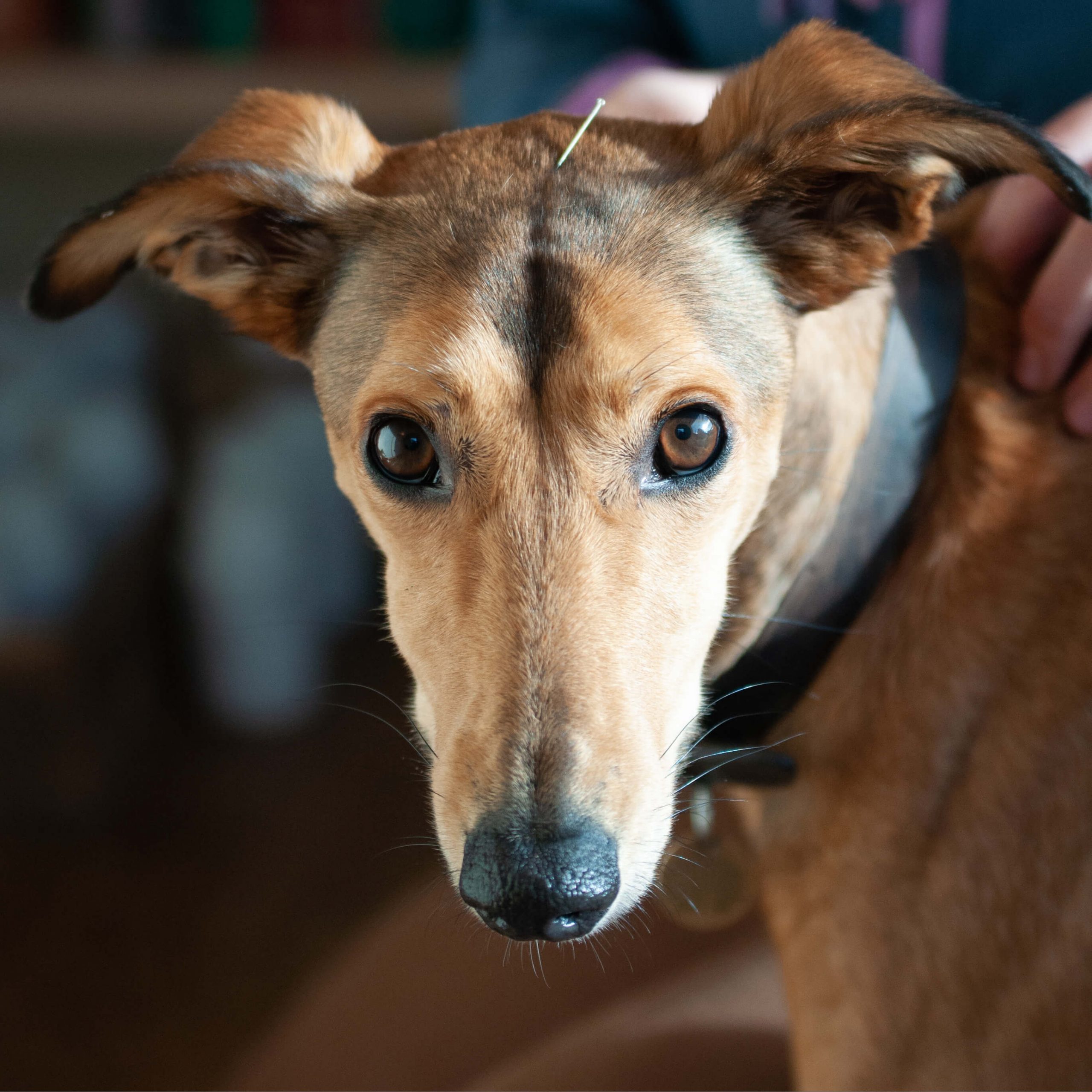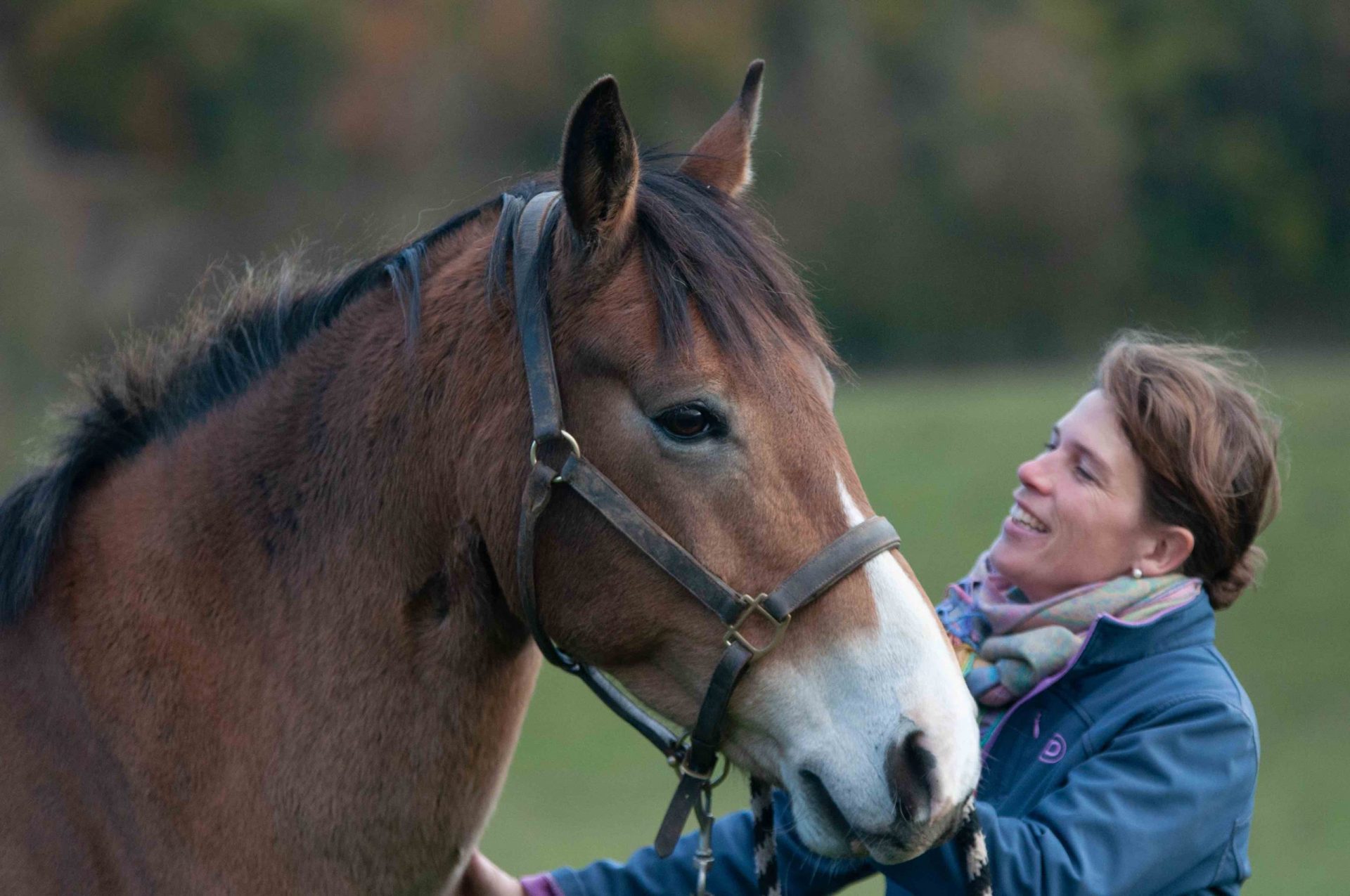Acupuncture for Dogs
What is acupuncture for dogs?
Acupuncture for dogs is a treatment derived from ancient Chinese medicine. Fine needles are inserted at certain areas (acupuncture points) in the body for therapeutic or preventive purposes and stimulates certain nerve fibres. It increases the release of natural morphine-like substances in the body and stimulates blood supply so aids in healing and acts as a pain relief. Acupuncture for dogs therefore stimulates the body’s repair mechanisms in the nervous system, immune system, and hormonal and cellular systems.
Some animals find acupuncture extremely relaxing or even mildly sedating. Sessions are normally on a weekly or bi-weekly basis initially, before the intervals between treatment are increased as the effect becomes more long-lasting. Acupuncture for dogs is often used to treat pain and relieve muscle spasms. It is particularly useful for musculoskeletal pain and Chinese medicinal principles for animals we often prescribe Chinese medical herbs to improve the effect further.
Dogs can also use acupuncture in the treatment of other conditions including skin problems and bladder diseases. While the traditional theories explain acupuncture as balancing energy in meridians, there is as well, a western medically competent explanation emerging from the research. In most cases, veterinary acupuncture is best used in conjunction with food therapy, medicinal herbs, physiotherapy and if necessary conventional medicine, and in some conditions, it can be used as a sole treatment. It helps minimize the requirements for conventional medications (which may have undesirable side effects). Acupuncture is extremely safe when practised correctly and is well accepted by most animals including dogs.

What conditions can acupuncture treat for your dog?
Acupuncture treats most of the conditions found in our dogs these days. Even if the condition is not curable it improves the quality of life by helping with pain management, increasing appetite and a general increase in wellbeing. As an example, it is often used to treat dogs with arthritis and joint inflammation. Dogs with hip dysplasia or degenerative joint disease are good candidates for acupuncture too. The treatment relaxes muscles both where the needle is inserted, and muscles located elsewhere in the body which means it relieves pain both locally and all over the body. By stimulating the release of naturally occurring substances, acupuncture decreases the amount of pain relieving and anti-inflammatory drugs needed. Dogs with chronic back pain usually respond positively and we even had dogs with serious spinal cord conditions, responding extremely well to acupuncture or electro acupuncture.
In order to give the dog the best treatment we work together with your conventional vet to get the best help from all angles.
Some issues associated with cancer, palliative care, or the side effects of cancer treatment (chemotherapy and radiation) such as tissue inflammation, nausea, and decreased appetite, can be helped using acupuncture and herbs. We also treat dogs with kidney and liver failure, IBD and Diabetes just to name a few. Dogs with diabetes, kidney or liver failure, pancreatitis, Cushing’s disease and Addison’s disease, metabolic diseases associated with impaired organ function have experienced a decrease in nausea and increase in appetite after acupuncture. So, even if acupuncture cannot cure a condition, they may make it more tolerable.
Most chronic conditions can be treated with acupuncture. for example:
- Chronic pain from any origin; spinal or nerve damage
- Behavioural problems (often linked to pain)
- Chronic digestive disturbances
- Chronic respiratory disease
- Fatigue syndromes, chronic eye disease
- Heart, liver, and urogenital diseases; incontinence
- Lack of appetite or weight loss
- IBD
- Dermatological disorders,
- Allergies
- Anxiety
- Cancer

What is involved in a typical acupuncture session?
The appointment takes about 45 minutes whilst the acupuncture needles stay in the dog between 2 and 20 minutes. The duration of the needling depends on condition, age and compliance of the patient. A young dog usually takes a lot less time than a middle-aged dog, whereas with a geriatric patient time can vary, it all depends on the patient.
During the appointment the patient will be assessed from far, examined and feeding, management, environment and behaviour will be discussed. Changes to the previous appointment will be noted, discussed and questions answered. The number of acupuncture treatments needed depends greatly on the problem, but changes are usually seen within one to two sessions.
Does Acupuncture for Dogs really work?
Yes, acupuncture really works. It has been used in China for well over 2000 years and is commonly used up to this day.
In western medical terms, acupuncture can assist the body to heal itself by affecting certain physiological changes. For example, it can stimulate nerves, increase blood circulation, relieve muscle spasm and cause the release of hormones such as endorphins and cortisol. For humans the NHS recommends and will prescribe acupuncture for certain conditions. A great amount of research has been done to show the efficacy of acupuncture via the neural pathways.

Here are a few cases from the day-to-day work at our practice:
A 6-year-old lurcher was treated for inappetence and the owner was very worried because they could not get any weight on the dog. Feeding advice, Chinese herbal formulas and acupuncture improved the appetite and energy levels so the dog started putting weight on. After 4 months the dog was back to normal and we now see him only from time to time for a check-up.
Hugo, a 4-year-old French Bulldog came with boils and abscesses at his feet and face, he was too sore to walk properly and as a last resort they tried acupuncture before euthanasia.
Acupuncture, Chinese herbal formulas, and food therapy improved him so he can now live a happy life, play with other dogs and go for little walks. He is a patient that will need attending to probably for the rest of his life but his owners are dedicated to him and so are we.
Rolo 2-year-old Frenchie who had a prolapsed disc and couldn’t use her hindlegs. She was discharged after her operation by the veterinary surgeon with a very poor prognosis of never walking again, but after 3 sessions of electroacupuncture she has now started using her legs. There is still a long way to go, but she is determined!
Charlie- a 4-year-old Labrador came for rehabilitation after surgery to the cruciate ligaments. With acupuncture and Chinese herbs, the circumference of his hind legs is more symmetrical and he can go back to being a happy working Labrador.
Acupuncture and Chinese herbal formulas are an incredibly powerful tool, however the correct management between the appointments is crucial and it all depends on the body’s ability to heal and respond to the treatment in the correct way.
It is the same in holistic medicine and conventional medicine- if the body can’t do it no one can.
How long does it take for acupuncture to work in dogs?
The number of acupuncture treatments needed depends greatly on the problem, but changes are usually seen within one to two sessions.
Some conditions like arthritis will require a lifelong management, but usually, once we reach a satisfactory level, the appointments are spaced out as much as we can without compromising the dog. Some clients see me once a year- some clients see me every four weeks. During the appointments we give advice on feeding exercise and management, so the dog is always maintained to its best between the sessions.
Does acupuncture work for a dog with anxiety?
Acupuncture for dogs works very well with anxiety. We have got many patients that we have treated successfully over the years. It is important to find out what the trigger is and talk through the daily routine and things that have happened in the past. Acupuncture and medicinal herbs will open the door to improvement -but it must go hand in hand with the management of the dog. Some dogs are anxious at the first appointment, but they usually settle well. The practice is not in a clinical environment, which can be off-putting. Usually the owners chose to stay with their dog during the treatment which gives extra comfort. The medicinal acupuncture laser is used instead of the needles if the dogs are too sensitive to the dry needling. Most dogs however tolerate it very well and come to their treatment with a wagging tail.

